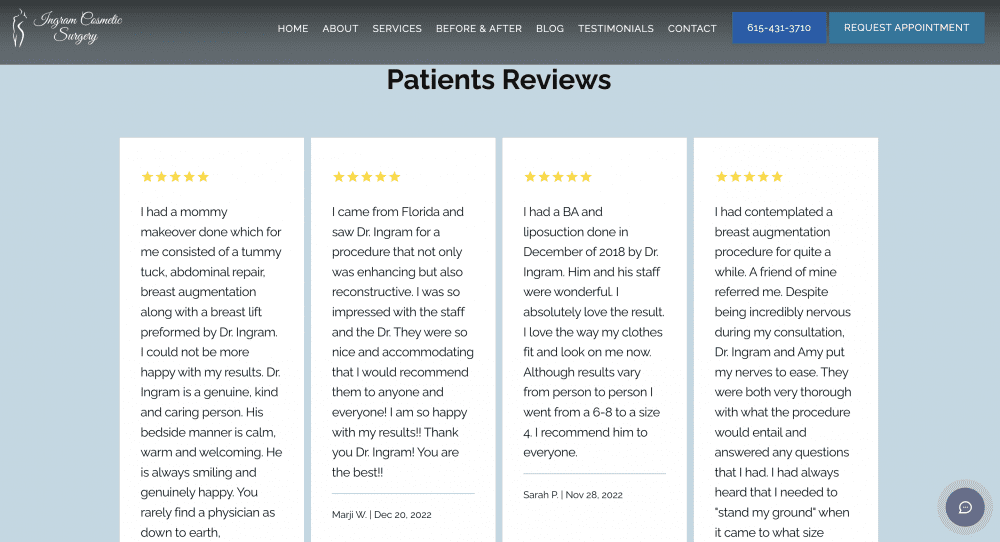
Board Certification:
It’s crucial to choose a surgeon who is board-certified in performing the types of procedure that you are interested in having. Board certification ensures that your surgeon has undergone rigorous training and meets strict standards set by professional organizations. Board certification also signifies that your surgeon participates in ongoing education and demonstrates a commitment to staying current with the latest advancements in the field.
Experience:
Check the surgeon’s experience in performing the specific procedure you’re interested in. As a graduate of Yale University, the University of Texas Southwestern Medical Center, and four international fellowship programs, I have been exposed to a wide range of surgical procedures. It’s also important to ask about the number of times the surgeon has successfully performed the procedure, as well as their success rate and any complications they have encountered.
Before and After Photos:
Take a look at before and after photos of the surgeon’s previous patients to get an idea of their aesthetic sense and the quality of their work. Be sure to look for consistency in the results and consider whether the outcomes align with your personal preferences and expectations. Additionally, ask for photos of patients with similar body types and goals as yours to better understand what your potential results might look like.

Hospital Privileges:
Ensure that your surgeon has hospital privileges at accredited facilities. This ensures they meet strict safety and quality standards established by healthcare organizations. Hospital privileges also indicate that the surgeon has been thoroughly vetted by their peers and is considered competent to perform the procedures they offer.
Patient Testimonials:
Read reviews and testimonials from previous patients to get a sense of the surgeon’s reputation, bedside manner, and overall patient satisfaction. Look for patterns in the feedback, and take note of any recurring themes, such as excellent communication or exceptional results. Don’t be afraid to reach out to past patients and ask about their experience with the surgeon.

Communication:
Make sure that your surgeon takes the time to understand who you are and what you are looking for with your surgery. This will ensure that you feel comfortable discussing your goals, concerns, and expectations with your surgeon. A good surgeon will listen to you, address your concerns, and help you understand the risks and benefits of your chosen procedure. They should also be able to communicate complex medical information in a way that is easy to understand, fostering a strong patient-surgeon relationship.
Customized Treatment Plan:
Look for a surgeon who tailors their approach to your unique needs, goals, and body type. This can help ensure the best possible results. A personalized treatment plan should take into account factors such as your age, medical history, and desired outcome, as well as the specific surgical techniques and technologies that will be most appropriate for your situation.
Postoperative Care:
Find out about the surgeon’s postoperative care plan, including follow-up appointments, pain management, and any additional support you may need during the recovery process. A comprehensive postoperative care plan should include detailed instructions on wound care, activity restrictions, and signs of complications to watch for. Your surgeon should also be available to address any concerns or questions that arise during your recovery.
By considering these factors during your cosmetic consultation, you can make a well-informed decision and choose the best plastic surgeon for your needs. As a top-rated plastic surgeon in Nashville, I pride myself on providing personalized, high-quality care to my patients.

